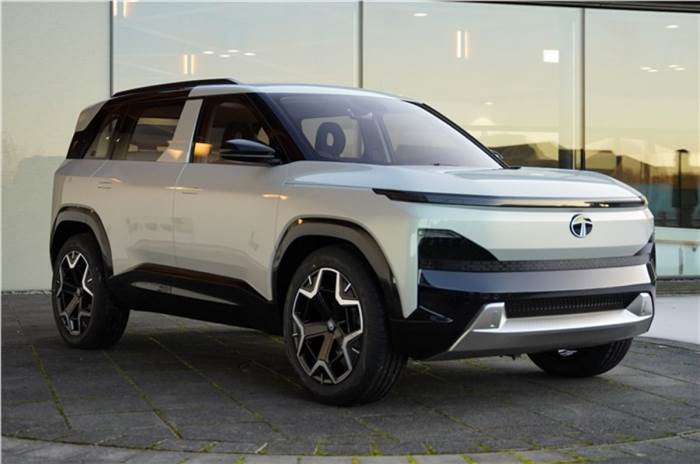India's leading electric car manufacturer Tata Motors is actively lobbying against potential tax cuts on hybrid vehicles in the country, asserting that hybrids are more environmentally harmful than pure electric vehicles (EVs). This stance from Tata Motors contrasts with the push from other automakers like Toyota for reduced taxes on hybrids, Reuters reported.
Tata Motors, in a letter to the government, says there’s a need to incentivise EVs over hybrids, citing the latter's higher pollution levels. The company contends that supporting hybrid vehicles through tax cuts would be counterproductive to the government's overall environmental goals.
This development comes amidst a broader global shift towards sustainable transportation, with automakers increasingly focusing on electric and hybrid technologies. The position taken by Tata Motors not only aligns with its commitment to electric mobility but also sets the stage for a potential divergence in regulatory approaches within the Indian automotive market. As the government considers its stance on hybrid taxation, the industry and environmental advocates will be closely monitoring the outcome, anticipating the impact on the adoption of electric and hybrid vehicles in the country.
Also see:
Tata Punch EV launched at Rs 10.99 lakh
Tata Motors aims for EVs to make up 15-17 percent of its volume in 2024
BYD reveals new U7 flagship luxury EV sedan






















.jpg&w=234&h=156&q=90&c=1)

Comments
Member Login
Personal Details
Abhimanyu Kohli - 346 days ago
Affordable Hybrids are the need of the hour. The government should encourage carmakers to launch more Hybrid cars in the meanwhile till we have good EV charging infrastructure across the nation. This solves two complex issues: 1. The battery costs are still very high, and the technology is still not extremely efficient. Let's wait it out until the world makes proper battery breakthroughs with regards to range it can provide. Let's also keep developing the EV charging infrastructure smartly. 2. The petrol import bill can stay relatively stable through these 5-6 years until 2030 via lower petrol consumption through high mileage Hybrid vehicles. This would also mean lower tailpipe emissions, which is what the government is working towards. So, taxing Hybrids at a lower level could be a win-win for the end consumer, the manufacturer, and the government itself.